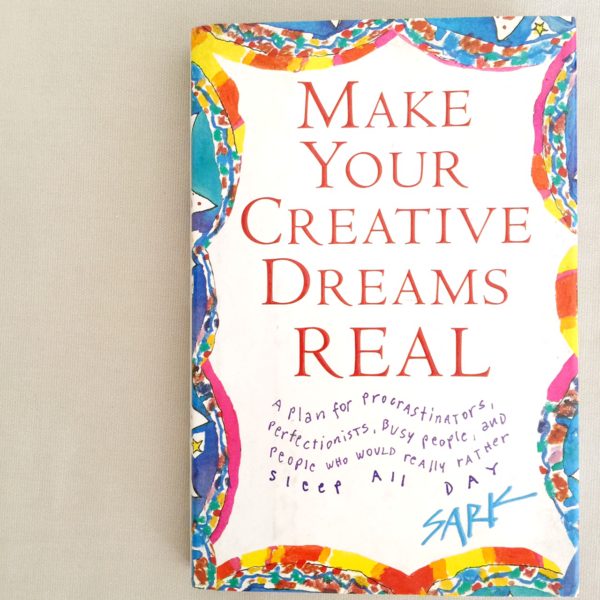I was having dinner with friends one time, and when I asked what he does, he gave me this wordy title that clearly went over my head, not to mention it was in an industry that I find rather difficult to comprehend. It was a long-winded terminology I can’t even recall what he said. I replied, “I didn’t know there was such a thing!”. It was the kind of designation you most likely never dreamed of because you probably didn’t know it even existed.
“Did you ever foresee yourself in this job when you were in school?”, I asked.
He replied, “No. I wanted to be a chef.”
There was a time when we declared what we set out to do. We said it with conviction, with clarity. We knew we could do it because we believed. And then life happened, many of us end up being one of the little cogs of a machinery built on routine, endless paperwork, planning meetings to plan other meetings, days that become years weighing down until our dreams are flattened and pummelled into something that’s barely a whisper of a memory.
When I was 4, there were two things I told anyone who would ask what I wanted to do. I declared that I wanted to be an artist and a teacher. I count myself fortunate as I actually did and continue to do what I originally set out to do. It did, however, take me almost twenty years to make that switch and commit to my first love: art. I dug up this book for the first time in a long time. When I looked at the dedication, I realised it was given to me in 2006, shortly before I hit a creative block in 2007. 
So what took so long, and why did I resort to Plan B and procrastinate my creative dream? I can think of three things that held me back:
1. Limiting beliefs
As a child born in the 70s and grew up in the 80s, I was told that art was not a job nor is it a career. The idea was never taken seriously and simply was not an option for out middle-class family. However, they did praise and encourage my art as a hobby and something fun to do, but nothing beyond that. I was trained to believe that a career meant a fixed monthly pay check, working behind a desk and sticking to one company all the way until retirement. And that’s when they said I should do what I loved.
2. Poverty consciousness
Art was not something I thought would pay unless you are extremely gifted, like the great masters or come from a well-to-do family. Again, this is what I was taught. I grew up in the era that fostered the image of the “starving artist”, something I always thought would happen if I pursued a career in art.
3. Self-doubt
Being my own worst critic, this is perhaps the most pronounced reason that affected my career. Linking back to my first reason, I always thought art, to be of any value to anyone, had to be serious, perfect and staid. I compared myself to other classmates who could draw a life-like face with proper shading and shadows, or a landscape with such accurate perspective. I look at my skewed and lopsided scraggly strokes and splotches of bright colors and it never occurred to me that I had what it takes to make a profession out of it.
Well, guess what? Years and a slew of chances later, and even if I didn’t go to art school, I finally did!
Are you doing what you always said you would do?
What made you do it, or what is holding you back?
